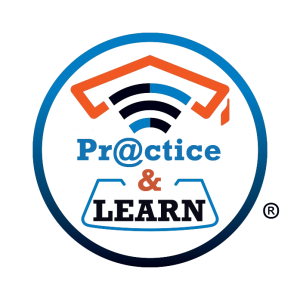Completion requirements
A list of words used in this course with explanations of their meaning.
Browse the glossary using this index
Special | A | B | C | D | E | F | G | H | I | J | K | L | M | N | O | P | Q | R | S | T | U | V | W | X | Y | Z | ALL
P |
|---|
Passive voice | |
Past Participle | |
PinpointingTo discover or describe the exact facts about something. | |
PlaceThe area or the position where someone or something is. | |
PluralThe form of a noun that typically denotes more than one person, thing, or instance. | |
Predicate | |
PrefixA letter or group of letters attached to the beginning of a word that partly indicates its meaning. | |
Prepositional Phrase | |
Present Participle | |
ProficiencyIt refers to a high level of skill, competence, or expertise in a particular field, subject, or activity. It indicates a person's ability to perform tasks, solve problems, or achieve goals with a high degree of effectiveness and accuracy. It can be acquired through education, training, practice, and experience, and it is often used to assess one's level of mastery or competence in a specific area. | |
Pronoun | |
